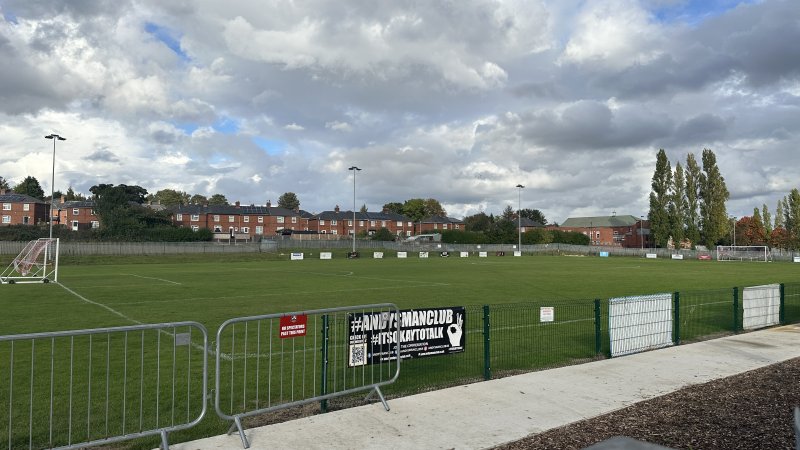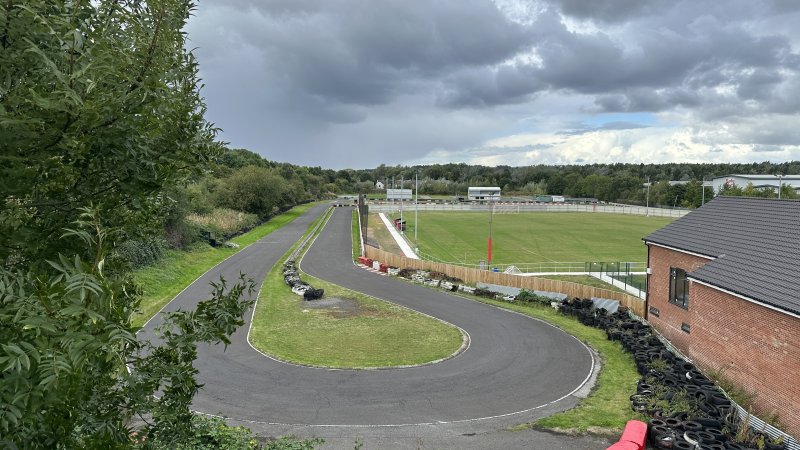A Darfield rector who convinced the High Court of Justice to let children skip school on Ascension Day is to have his gravestone refurbished.
The Friends of Darfield Churchyard have made the grave of Canon Alfred Sorby the focus of their next restoration campaign after successfully restoring the railings around 'Corn Laws poet' Ebenezer Elliott's tomb.
Friends member John Kendall said the group would need to raise about £1,000 to complete the work. "It's getting to a state now where it wants cleaning, some of the letters need replacing and the whole thing needs resetting," he said. "It's not in a desperate condition yet but it soon could be."
Canon Sorby was rector of All Saints' Church from 1892 until his death in 1934 and was buried at the top of the churchyard near the church tower.
His addition of the 'Darfield Judgement' to the statute books occurred in 1906 when the parents of two children were charged with failing to send them to school on Ascension Day.
Rev Sorby, as he was then known, testified in their favour at magistrates' court but they lost the case and the parents were fined. However, not willing to admit defeat, he took it to the King's Bench of the High Court of Justice, which ruled in his favour that children across the country attending Ascension Day mass would be exempt from school all day.
• Paul Nizinskyj looked into the life of this extraordinary parish priest...
Not many village priests could lay claim to having made their mark on the statute books, in all probability, but history does not record Canon Sorby as any normal priest.
More than 50 clergymen attended his funeral in 1934, filing down to All Saints Church in their white and black mourning vestments, and the service was led by none other than the Bishop of Sheffield himself, who described him as a 'worker', adding 'I like workers'.
Naturally there is a great deal of affection for the late Canon in Darfield, where he was rector for 42 years, and he was responsible for putting the village 'on the map' through his pivotal role in having the 'Darfield Judgement' confirmed in law.
But Albert Ernest Sorby was, in fact, from Sheffield and was born in the city in 1859. He decided to become a priest at the age of 20 and studied undergraduate and masters degrees at Cambridge University.
He was known for his 'upright' demeanour and was a keen sportsman, though also enjoyed flowers, pictures and was 'passionately fond' of children. He made many journeys to the Faroe Islands - even visiting India at the age of 73 in hope of regaining his strength.
Perhaps surprisingly, to modern readers, he also had a maroon Crossley car and his own chauffeur complete with maroon uniform and peaked cap.
Among his accomplishments at All Saints, where he became rector in 1892, are a considerable amount of restoration work, including removing the plaster from the walls of the sanctuary - exposing the medieval masonry - a small extension to the vestry and the present pulpit.
But his greatest achievement was arguably the 'Ascension Day Case', or 'Darfield Judgement', established in law. This curious episode occurred not long after Canon Sorby joined All Saints, in July 1906, and was prompted by the charging of two fathers for neglected to ensure their children had gone to school on Ascension Day.
The prosecution was made by the West Riding Education Committee following a circular issued by Canon Sorby instructing children attending the church schools to go directly to church at 9am for the Ascension Day service and that parents could give them the day off if they wished.
He cited 'Board of Education circular 512' as reading 'Under the Act of 1870, a parent may withdraw his child from school on any day exclusively set apart for religious observance by the religious body to which he belongs.'
This was not recognised by the county council, however, and a Timothy Marshall and James Bell were duly charged and, although Canon Sorby gave evidence in their defence, magistrates sided with the education committee and the defendants were fined a shilling each.
However, not wishing to accept defeat, Canon Sorby had the case brought before the King's Bench of the High Court of Justice, which ruled in his favour.
The judges' verdict stated 'if a child attended church on Ascension Day, he or she could take the rest of the day off and be given a mark of attendance.'
In later life, Canon Sorby would also be known for his work during the General Strike of 1926, in which he organised workshops for striking workers to keep them busy.
John Kendall, of the Friends of Darfield Churchyard, said: "There's still a carved screen in the church which was made during the general strike by the striking workers. His view was it was something for idle hands to do."
Canon Sorby died suddenly on October 1, 1934, after what was described at his funeral as a tiring day. As he was leaving the rectory to go out to work again, his wife Lydia asked him not to go, but he responded he must do his duty.
The Bishop of Sheffield remarked it was characteristic of Canon Sorby that these were some of the last words he spoke.
A window in the south aisle of the church, depicting the Ascension, is still dedicated to Canon Sorby's memory - next to another window depicting St George and St Louis, in memory of his son, Charles, who was killed in action in Ypres in 1915 at the age of 20 - 'having just rescued his wounded sergeant under heavy shell fire'.




























